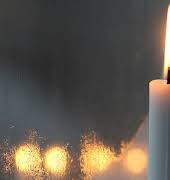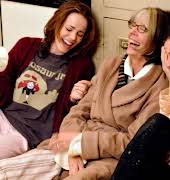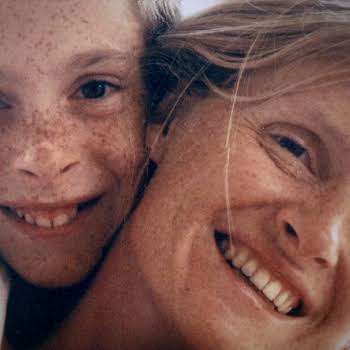
By Jennifer McShane
22nd Apr 2016
22nd Apr 2016
With the topic of sexism in the movie industry continuing to become more prevalent than ever, an increasing number of prominent voices are speaking up on the matter. From Emma Thompson,?Lena Dunham to Emily Blunt, Emma Watson and Patricia Arquette, the number of women passionately addressing the issue is growing by the week. The Sony leak and Jennifer Lawrence’s Lenny Letter?brought the issue back into the public domain, and Hollywood has been rightly criticised for?its gender disparities on and off screen, particularly?in recent months.
There are myriad studies detailing the disgraceful reality for?women in the industry, each as depressing as the last. Just this week, a census of over 2,000 films revealed how women get less dialogue in movies as they get older?while male dialogue increases with age. Last year, it was reported that 99% of women working in the film and TV industries have experienced sexism and worse still, Glamour reports the number of women directing top Hollywood films in the last 13 years is just 4% – a minuscule number.
Women in the industry have frequently been called silent film stars, and the uneven playing field is of course, down to the fact that Hollywood is dominated by men. We hear tales of meetings full of male executives – another study revealed that “male-dominated industry networking” is a huge problem – action stars refusing to be directed by a woman and even ludicrous?claims that men don’t want to see films directed by women. Male-comedy duos are still taking over Hollywood, 25 years after it was hoped Thelma and Louise would change all that. It didn’t. This gender bias, starting with the fact that often, women aren’t hired simply because they are female, even goes beyond the gender wage gap; it is only indicative of a larger, pervasive problem: That women and men are not always treated equally, no matter the industry.
Throw out perfection. If you aren’t as successful or recognised right off the bat, that’s okay. Surround yourself with men and women who are interested in holding each other up and making each other’s work better
Toronto-based film-maker and writer, the notoriously talented?Molly McGlynn spoke to IMAGE.ie about women, sexism in film and why she feels the issue is slowly getting better.
ICYMI: Meet Molly McGlynn?
“My thoughts on [sexism] are that I’m happy that attention is being paid to this issue because it goes so much deeper than not employing women; it means that representations of women and girls in film and television are coming from a non-female majority which can perpetuate stereotypes and offer repetitive, undynamic narratives,” Molly said.
“I think a lot of this conversation can be applied to racial representation as well. Additionally, these statistics light up the determined, stubborn genes I have and I want to continue to work as hard as I can to make sure I have a long career. It’s the best that I can do.”
Her experience of sexism has been on the subtle side. “I haven’t blatantly [experienced sexism], systemically, maybe. It’s been great to see funding bodies start to slowly come around to prioritising gender parity when distributing grants and funding, though it’s not 100% there.”?
And despite all the negativity clouding the topic, Molly explained that she felt a shift on the horizon:
“I feel a sea shift. I’m seeing both men and women in the industry speaking up about issues of sexism and diversity in the industry. The more voices, the less scary it gets to speak up. Actually, I’ve seen people actively seek out female filmmakers right now as they realise it’s a good boat to get on.”
In the entertainment industry, there are seminars and work groups about creating diversity when, really, the fucking thing you have to do is just hire people. Find some diverse people and give them jobs – Samantha Bee
As a parting comment, Molly offers sound advice for women who are hitting a brick wall due to?gender disparities:
“This goes across many industries for women – throw out perfection. Just make the thing. If you aren’t as successful or recognised right off the bat, that’s okay. Surround yourself with men and women who are interested in holding each other up and making each other’s work better. Push your characters beyond stereotypes and expectations for their race or gender. Tell a friend (kindly) when their work is being reductivist or the female protagonist is introduced wearing a latex bodysuit and stilettos while changing the baby’s diaper.”






















